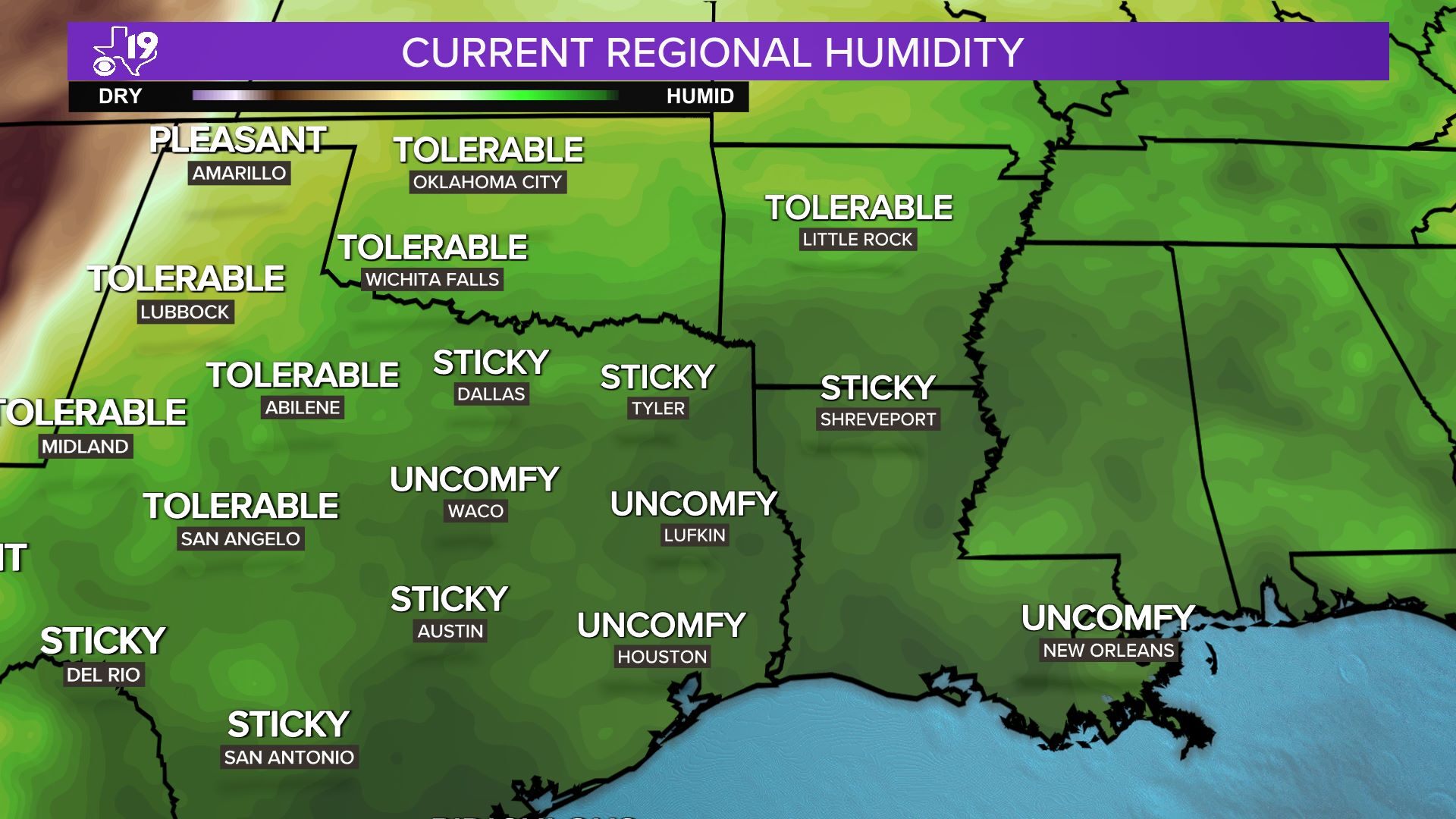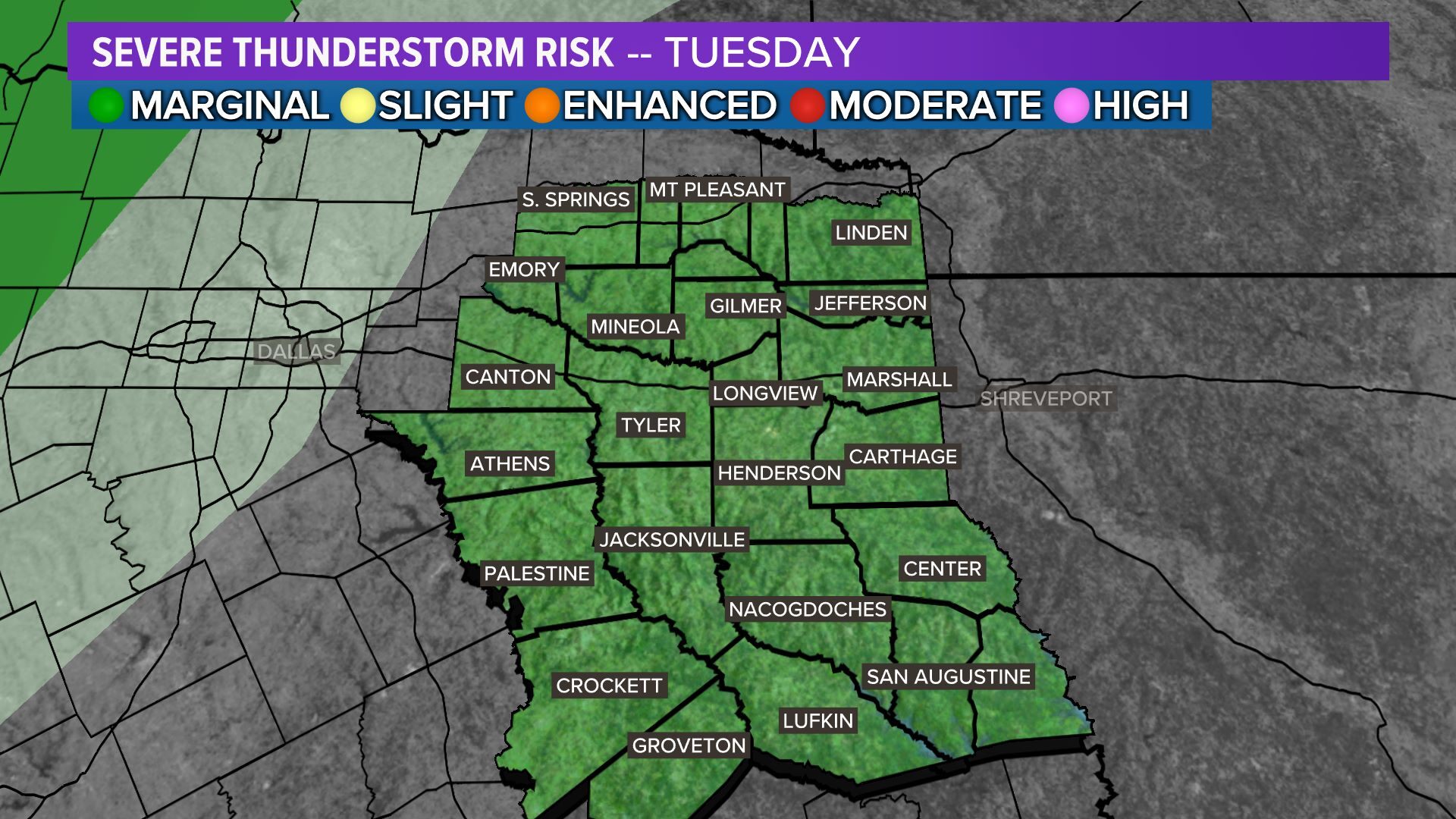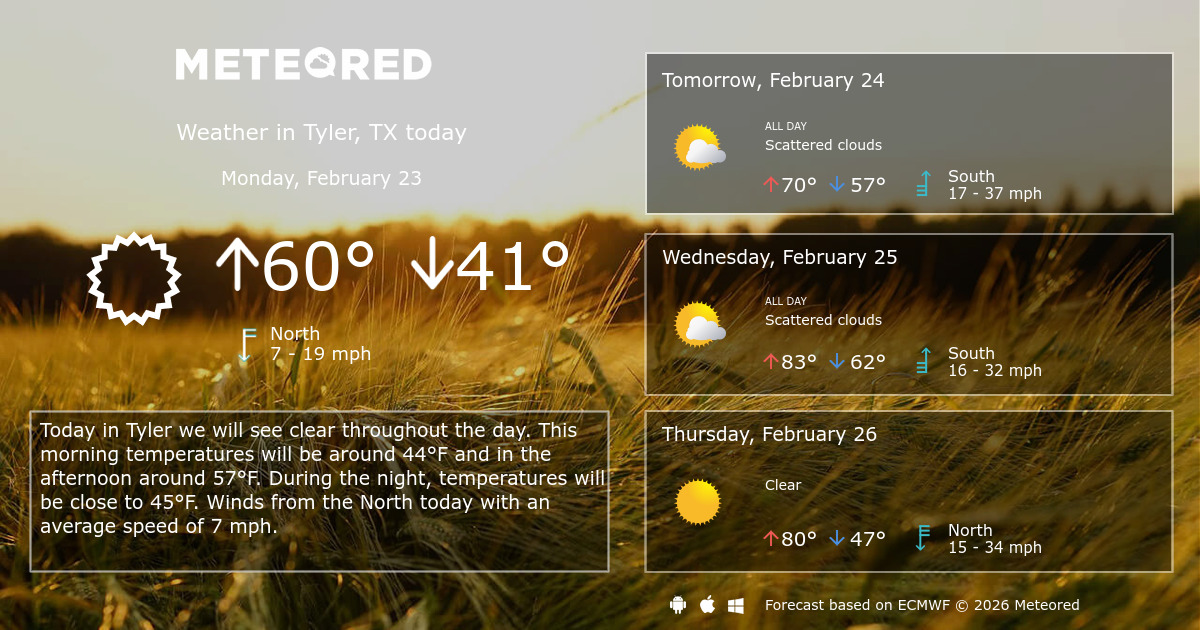Weather Patterns and Climate

Tyler, Texas, experiences a humid subtropical climate, characterized by hot, humid summers and mild winters. The city’s proximity to the Gulf of Mexico influences its weather patterns, bringing in warm, moist air that contributes to frequent rainfall and high humidity levels.
Seasonal Variations
Summer temperatures in Tyler typically range from the mid-70s to the mid-90s Fahrenheit (24-35°C), with high humidity levels making the air feel even warmer. July is the hottest month, with average temperatures reaching 95°F (35°C). Winters are mild, with average temperatures in the mid-40s to mid-50s Fahrenheit (7-13°C). January is the coldest month, with average temperatures dipping to around 38°F (3°C).
Precipitation is abundant throughout the year, with an average annual rainfall of around 46 inches (117 cm). The wettest months are May and June, when thunderstorms are frequent. Tyler is also prone to occasional severe weather events, such as tornadoes and hailstorms.
Extreme Weather Events: Tyler Tx Weather

Tyler tx weather – Tyler, TX, is prone to various extreme weather events due to its geographical location and climate patterns. These events can range from hurricanes and tornadoes to severe thunderstorms, each with its unique characteristics and potential impacts on the community.
Hurricanes, while less common in Tyler compared to coastal areas, can still pose a significant threat when they make landfall. Historical records indicate that hurricanes have impacted Tyler on several occasions, bringing heavy rainfall, strong winds, and potential flooding. For instance, Hurricane Rita in 2005 brought widespread flooding to the area, causing damage to infrastructure and property.
Tornadoes
Tornadoes are a more frequent occurrence in Tyler, with the region being part of Tornado Alley. These violent storms can produce high-speed winds, causing severe damage to buildings and infrastructure. The Fujita scale is used to classify the intensity of tornadoes, with EF0 being the weakest and EF5 being the strongest. Tyler has experienced several significant tornadoes over the years, including the deadly EF4 tornado in 1990 that resulted in widespread destruction and loss of life.
Severe Thunderstorms
Severe thunderstorms are common in Tyler during the spring and summer months. These storms can bring heavy rainfall, lightning, hail, and strong winds. While most thunderstorms are relatively mild, some can develop into supercell thunderstorms, which can produce tornadoes, large hail, and damaging winds. In 2019, a severe thunderstorm in Tyler produced hail up to the size of golf balls, causing significant damage to vehicles and property.
Weather Forecasting and Impact

Weather forecasting in Tyler, TX, relies on advanced technology and data analysis to provide accurate and reliable predictions. The National Weather Service (NWS) and local meteorologists gather data from weather stations, satellites, and radar systems to create detailed forecasts.
These forecasts consider various atmospheric factors, including temperature, humidity, wind patterns, and pressure systems. By analyzing historical data and using sophisticated computer models, meteorologists can predict future weather conditions with increasing accuracy.
Accuracy and Reliability, Tyler tx weather
Weather forecasts for Tyler, TX, are generally accurate and reliable, especially for short-term predictions (up to a few days). However, forecasting becomes more challenging for longer time frames due to the inherent variability of weather patterns.
The NWS issues regular forecast updates, allowing meteorologists to refine their predictions based on the latest data. This helps ensure that forecasts remain accurate and up-to-date.
Potential Impact
Weather conditions can have a significant impact on various aspects of life in Tyler, TX. Extreme weather events, such as hurricanes, tornadoes, and floods, can cause widespread damage and disruption.
- Transportation: Severe weather can disrupt transportation networks, making it difficult or dangerous to travel by road or air.
- Agriculture: Unfavorable weather conditions can affect crop yields and livestock production, impacting the local economy and food supply.
- Outdoor Activities: Weather conditions can influence outdoor activities, such as sports, recreation, and tourism.
Tyler’s unpredictable weather patterns can often catch us off guard. To stay informed about the latest forecasts, check out the wcpo weather website. Their comprehensive reports and detailed analysis provide an invaluable resource for Tyler residents to plan their days accordingly.
Tyler, TX’s balmy breezes and sun-drenched skies may give way to unpredictable showers, leaving you seeking refuge indoors. If you find yourself yearning for a glimpse of clearer conditions, venture into the digital realm where louisville weather radar provides a real-time window into the atmospheric dance of another city.
Yet, as the clouds dissipate and the sun reclaims its throne in Tyler, remember to step outside and embrace the transformative power of nature’s ever-changing canvas.